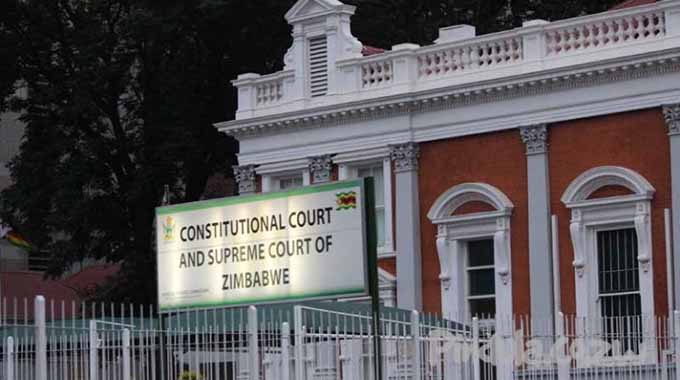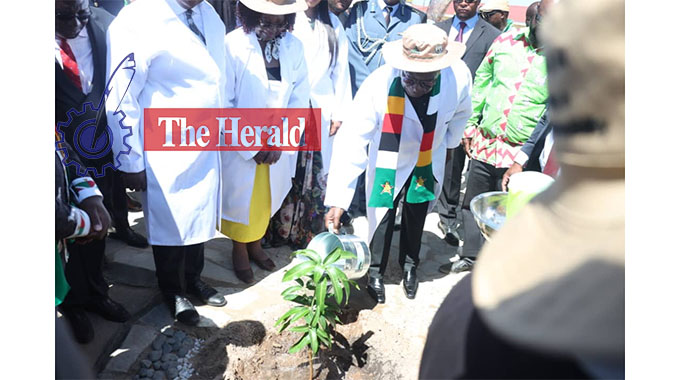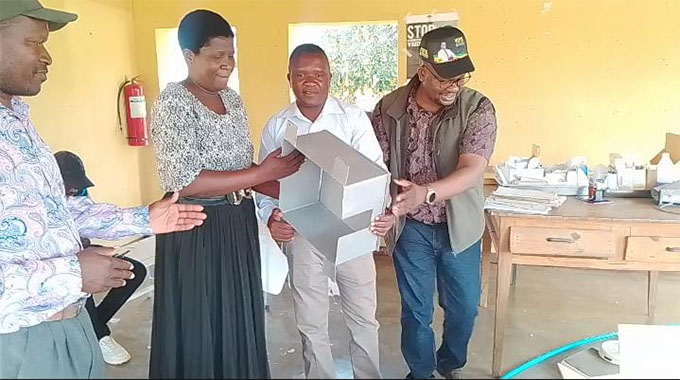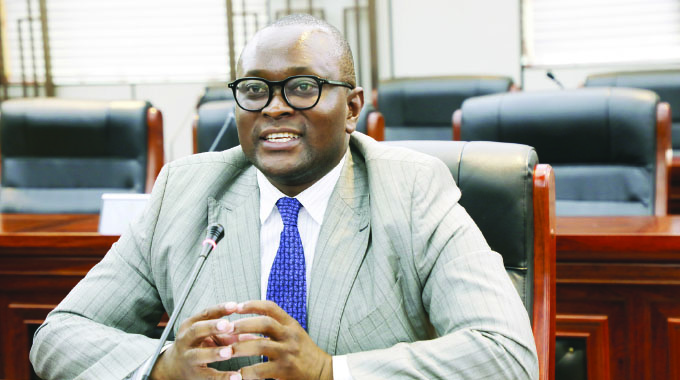UPDATED: Concourt challenge for adultery law

Fidelis Munyoro Chief Court Reporter
A Chinhoyi woman facing a US$35 000 adultery claim is seeking to challenge the constitutional validity of the law, which she says infringes upon her constitutional rights to freedom of association, privacy and equal protection of the law.
Ms Moreblessing Chabvonga is being sued for adultery damages for allegedly engaging in extra-marital relationship with Ms Jamiya Nyakudya’s now former husband, a magistrate at Chinhoyi magistrates’ courts.
Ms Chabvonga successfully stopped the civil trial before Justice Esther Muremba, saying she wants to challenge the constitutional validity of the common law delict of adultery.
Justice Muremba allowed Ms Chabvonga’s objection to have the trial proceed and referred the matter to the Constitutional Court to make a determination. She did not fault in granting the request for referral of constitutional challenge to the highest court on the land so that it can pronounce itself for the benefit of our jurisdiction.
“Once that is done, the issue will be settled,” said the judge citing Section 2 of the Constitution, which states that “any law, practice, custom or conduct inconsistent with it is invalid to the extent of that inconsistency”.
In this ground-breaking case, the Constitutional bench will be asked to determine whether Ms Chabvonga’s argument that her rights to freedom of association, right to privacy and the right to equal protection to the law, is sustainable. Through her lawyer, Ms Ruvimbo Ruwona of Nyahuma’s Law Golden Stairs, Ms Chabvonga argued that the delict is unconstitutional because it allows only one party to extra marital affair to be sued, with the other party being spared.
“To this end, the claim of adultery damages is inconsistent with the right to equal protection and benefit of the law,” said the lawyer.
On the right to privacy and freedom of association, it is Ms Ruwona’s contention that in defending the adultery claim, the private life of the third party (Ms Chabvonga) being sued is placed under a microscope, leading to the exposure of details of her sexual relationship with a consenting adult, who might be a guilty spouse.
“This is a clear violation of the rights to privacy and freedom of association,” she argued.
The constitutional issues which Ms Chabvonga raised, argued Ms Ruwona, have merit given that in other jurisdictions where there are comparable constitutional provisions, the delict of adultery has been deemed unconstitutional.
“There is no justification to penalise a third party for adultery,” she said.
“It is unjustifiable in any democratic society and not even the limitation of rights provided for in Section 86 of the Constitution can justify the violation of the fundamental rights in an adultery suit.”
In her counter argument, Ms Nyakudya, a self-actor, told the court that the constitutional issue raised was unsustainable, arguing that it was manifestly without foundation. It was her submission that the rights Ms Chabvonga claimed were infringed by the delict of adultery and are not absolute as they are subject to limitation in terms of Section 86 of the Constitution.
“The limitation of these rights by the delict of adultery is fair, reasonable, necessary and justifiable in a democratic society,” she argued.
“The delict of adultery is constitutional because it seeks to punish third parties for failing to respect the sanctity of marriage.”







Comments